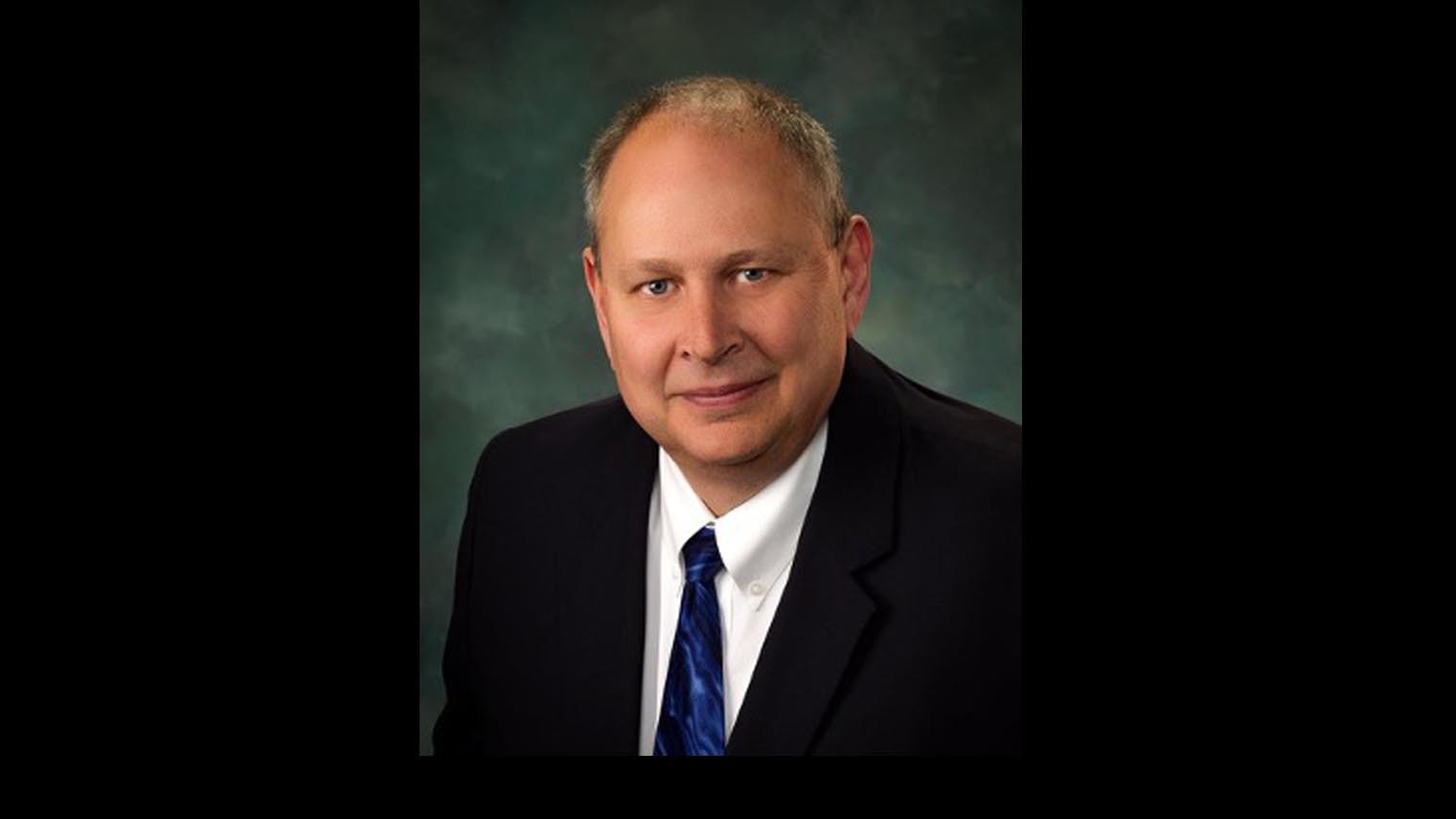Why can’t we communicate with each other anymore?
In Chapter 11 of Genesis, humanity settled in the land of Shinar. They all spoke the same language. Working cooperatively, they built a great city. They wanted to make a name for themselves by building a tower that reached heaven.
God was angry with the people because of their pride and arrogance. He put a stop to the construction of the tower, by scattering the people and making them all speak different languages.
While the current situation in the United States doesn’t rise to biblical proportions, we have created a Tower of Babel of our own. The creation of the Tower is hindering the operations of government, and our election process.
With the advent of the 24-hour news cycle and social media, we get to pick our sources of news. It doesn’t take a rocket scientist to understand that differing media outlets slant their news to reflect what their audiences want to hear.
Back in the olden days, there were three major media outlets, ABC, NBC and CBS. They shared essentially the same news in 30-minute segments in the evenings.
Today, we have a 24-hour news cycle, the need to fill that space, and the demand to attract an audience. Since news consumers tend to use the service that tells them what they want to hear, liberal viewers lean toward the left-leaning publications like MSNBC or the New York Times.
Conservative leaning viewers lean toward Fox News, Newsmax or One America News.
If one were to watch the same news story on two different networks, the reporting can be completely slanted liberally or conservatively.
Based on the same set of facts, the talking heads can give diametrically opposed interpretations of the same situation. If those are the only facts we rely upon, people can have totally different interpretations of the same set of facts.
Some media outlets have a business model of telling people what they want to hear. They know that by slanting stories one way or another, they can attract viewers to their media outlet. Viewers are naturally attracted to the media outlet that mirrors their belief system.
The psychological term for the situation is called confirmation bias which means that people seek out information that confirms or strengthens their beliefs, and the bias is difficult to dislodge once in place.
What happens, then, is that policy makers are all getting their news from sources that play to their particular bias. As a result, when they begin to discuss an issue, they are relying on a completely different set of facts and interpretations of the same incident.
For example, on April 2, 2024, the Newsmax headline about Donald Trump’s litigation was “Trump Slams ‘Conflicted N.Y. Judge After Gag Order Extended.” The same day the headline on MSNBC was “Judge’s response shows Trumps attack on his daughter were unwise.”
Both stories are based on the same facts. Judge Merchen extended a gag order on Donald Trump. One article says the judge was unfair for extending the gag order against Trump. The other says Trump is going to jail if he threatens any employees of the court or the judge’s daughter.
These days, if one media outfit says the sky is blue, the other media outlet will say the sky is red. Every day, with every media story, we obtain different information based on our confirmation bias.
The funny thing is when we receive media that reinforces our confirmation bias, our confirmation bias gets worse. Suddenly, we can’t understand why people have a different point of view than we have.
Both the fire service and the airline industry have processes and training to make sure that pilots and firefighters know the accurate facts before they act. They have processes in place to avoid confirmation bias.
Those groups have those processes because really bad things happen to the firefighters and the pilots if they operate on incorrect facts. Relying on bad facts, planes crash. Relying on bad facts, buildings collapse. Those industries are motivated to extinguish confirmation bias.
On the other hand, those running for election rely on confirmation bias to get elected. Candidates tell the voters of a particular area what they want to hear – not necessarily what they need to hear. Voters elect candidates who appeal to their confirmation bias.
As a result, elected officials are penalized for searching for the facts and telling the truth as it is. If they tell their voters something like, “Taxes are necessary to the operation of a civilized society,” conservative constituents are out in the parking lot warming up the tar and fluffing the feathers.
And so, we’ve created ourselves a modern-day Tower of Babel.
Constituents don’t understand why policies are made the way they are because their personal elected politicians are incentivized to tell them the world looks different than it actually is.
Explaining the world as it is, with all the nuances, is difficult. If a policy maker presents a position to you as purely black or purely white, suspect the policy maker is telling you what you want to hear – not what you need to hear.
Voters need to demand the truth – the painful truth – not a bunch of political psychobabble.
If your elected policy maker cannot take the time to understand and communicate the nuances, it’s time to get another policy maker. We need to be informed about the world as it is – not fed sound bite pablum calculated to get us all worked up.
We, as a country, need and deserve the truth. We are not going to get it from our biased media. We all have to take the time to dig for it.
If we give in to our confirmation bias, we get what we deserve.
As we used to say in the fire service, “When perception meets reality, reality always wins – and it usually hurts.”





